 When the seasons change from cold to hot, or hot to cold, our diets begin to change drastically. Soups and cocoa changes to salads and iced teas. Unfortunately, if we aren’t taking good care of our teeth, this can cause our teeth to give us a painful signal when we test its sensitivity. If you’ve been experiencing jarring sharp pain when you eat or drink hot or even cold foods, or even surprisingly during your oral care routine, you may have developed sensitive teeth.
When the seasons change from cold to hot, or hot to cold, our diets begin to change drastically. Soups and cocoa changes to salads and iced teas. Unfortunately, if we aren’t taking good care of our teeth, this can cause our teeth to give us a painful signal when we test its sensitivity. If you’ve been experiencing jarring sharp pain when you eat or drink hot or even cold foods, or even surprisingly during your oral care routine, you may have developed sensitive teeth.
But these are the foods of the season, so what gives? Well, there are a variety of answers here. As we age, so do our teeth. With age the enamel on your teeth can wear, leaving your tooth roots exposed. This, of course, can cause those jolting pains with tempered food and drink or even cold air. Here are some reasons this may be happening:
- Over-brushing
- Cracked or chipped teeth
- Teeth grinding
- Gum disease
- Tooth whitening
Depending on the cause and severity of your sensitivity, you will benefit from professional treatment. There are a variety of treatments from simple solutions to oral surgery. Sensitive teeth solutions include:
- Desensitizing toothpaste
- Desensitizing or bonding
- Surgical gum graft
- Root canal
See your dentist at the first sign of sensitivity. If caught early enough, it can be easily treated. Many times, sensitive teeth can be treated with a good cleaning and use of a special toothpaste. If you wait to get treatment, you often end up with a bigger problem that is more difficult to treat.
Visit Great Lakes Family Dental today and schedule an appointment to find out what kind of treatment your teeth needs to be healthier and to look better. Call 317-841-1111 or www.smilesbygeorge.com.
Great Lakes Family Dental proudly serves Indianapolis and all surrounding areas.

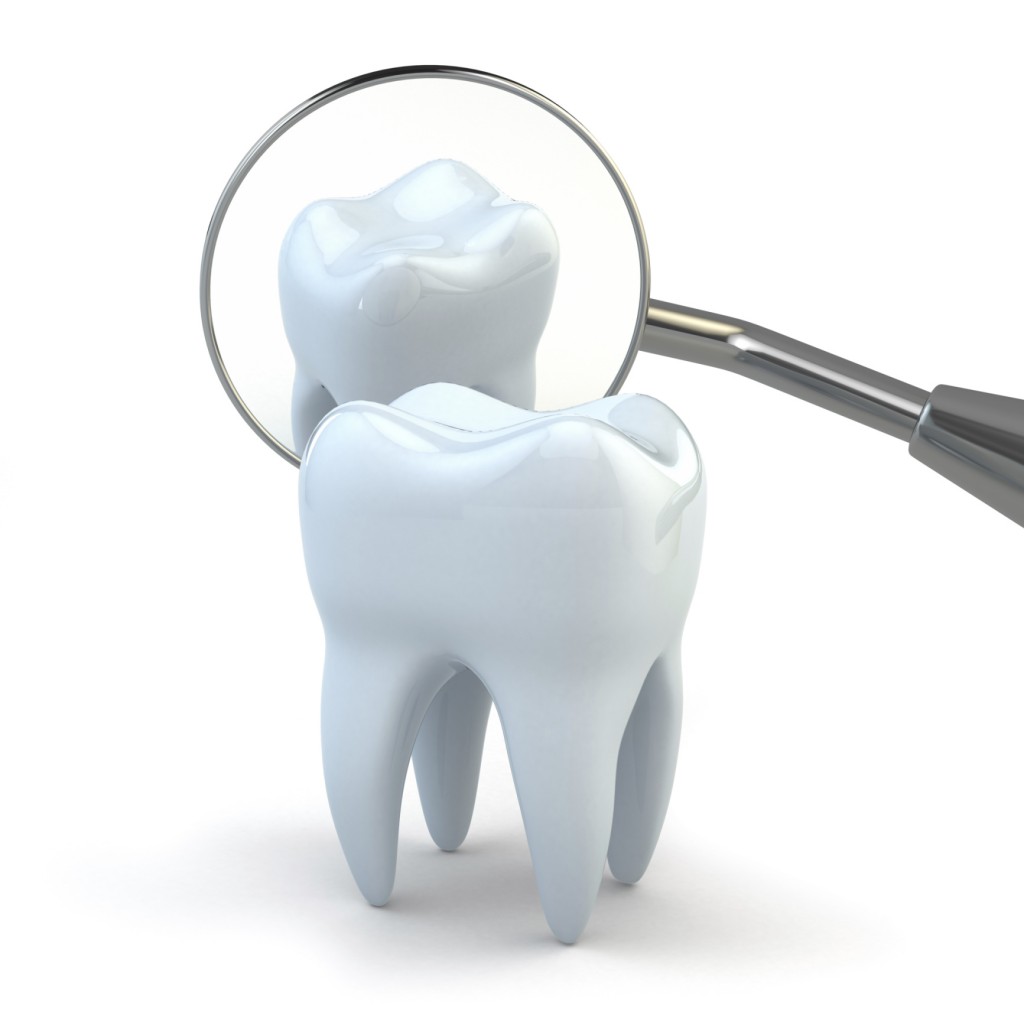 We use them to eat,
We use them to eat, 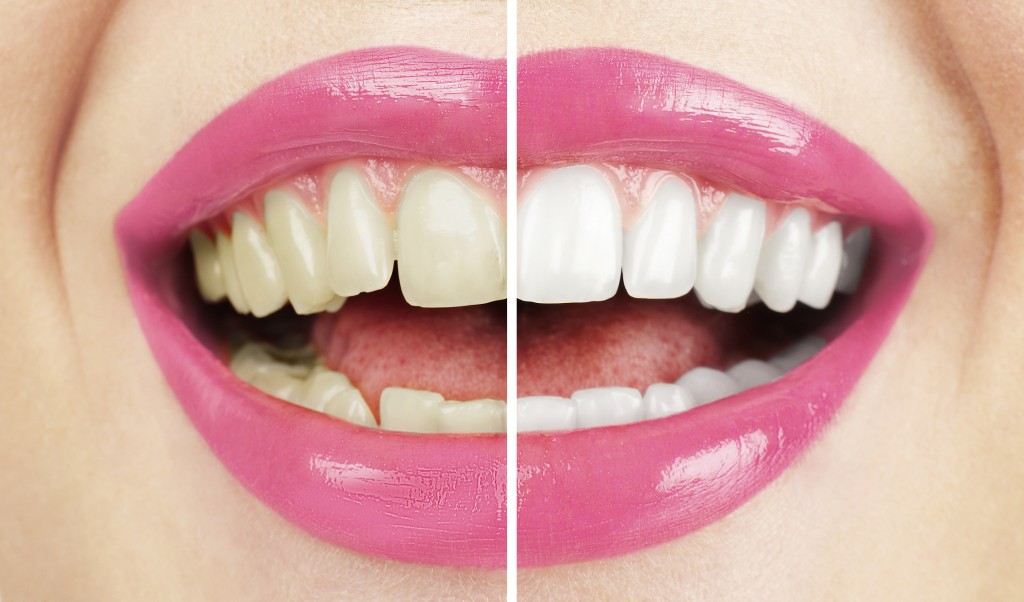 Getting
Getting 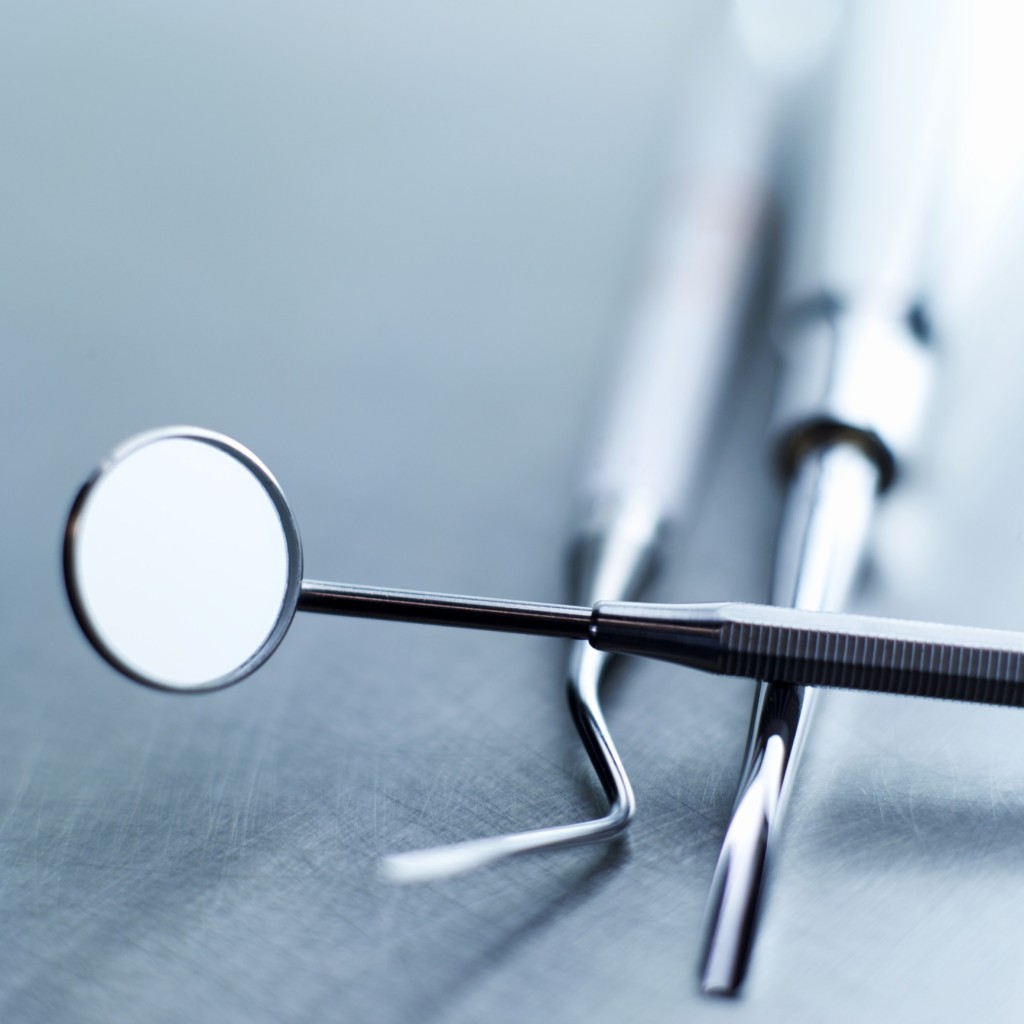 While some think this is a rare cancer, mouth cancers will be newly diagnosed in about 115 new individuals each day in the US alone, and a person dies from oral cancer every hour of every day. April is Oral Cancer Awareness Month.
While some think this is a rare cancer, mouth cancers will be newly diagnosed in about 115 new individuals each day in the US alone, and a person dies from oral cancer every hour of every day. April is Oral Cancer Awareness Month.  As seen on
As seen on 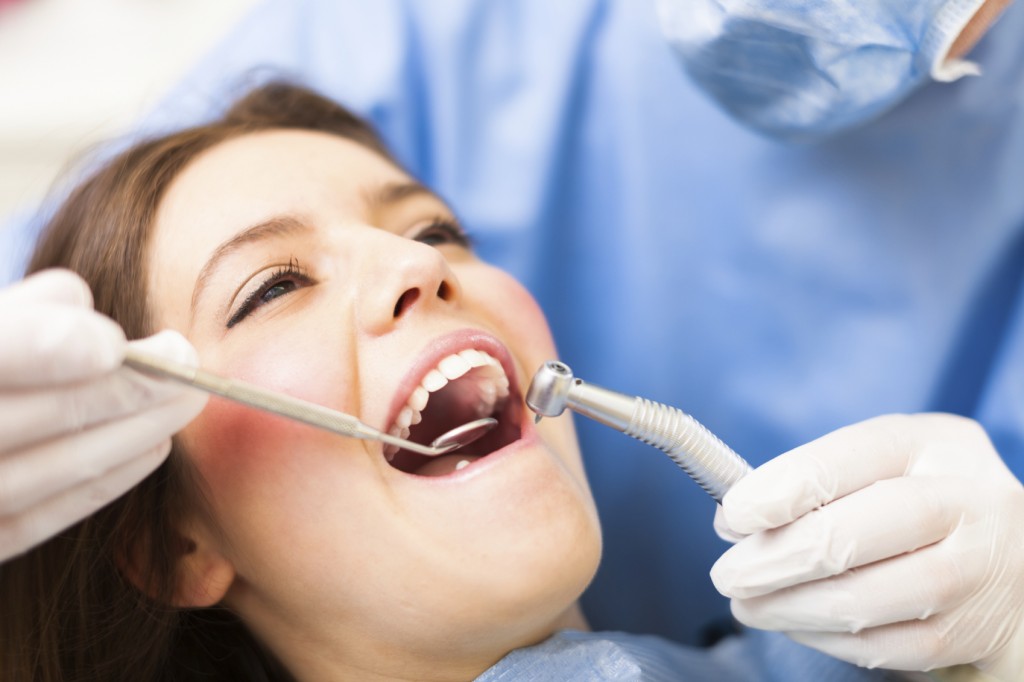 We know that our dental visits help ensure that we continue to have a healthy mouth and bright smile. But if you have never been to the dentist, these
We know that our dental visits help ensure that we continue to have a healthy mouth and bright smile. But if you have never been to the dentist, these 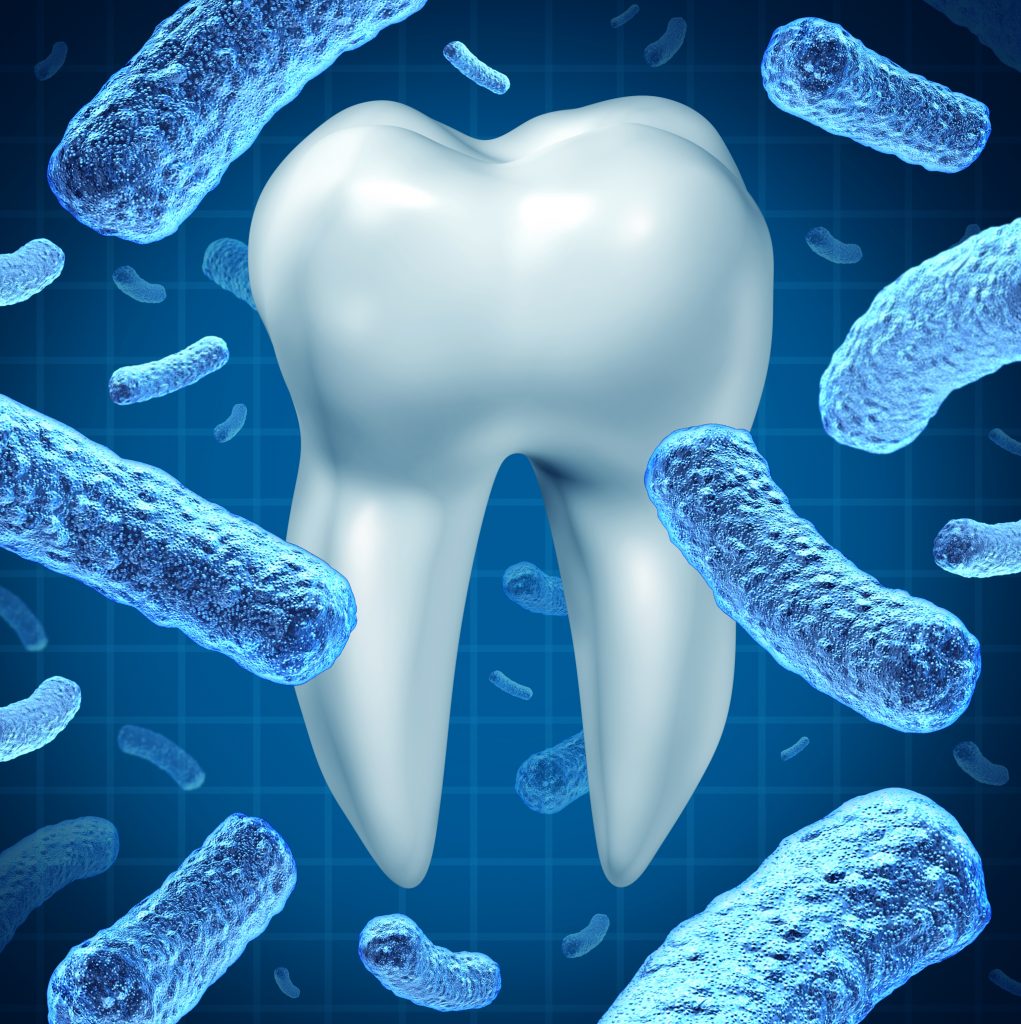 Who doesn’t love that minty fresh feeling your mouth has after a good rinse with
Who doesn’t love that minty fresh feeling your mouth has after a good rinse with 
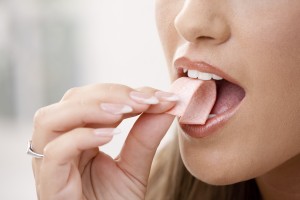 Do you suspect you have bad breath? If so, it might be an indication of other problems and not just a lack of proper
Do you suspect you have bad breath? If so, it might be an indication of other problems and not just a lack of proper  When we think about athletes, we think about strong healthy individuals that take their sport by storm with all of their physical ability. They train hard, they eat well to give their bodies the proper nutrition in order to perform at their peak. But what if I told you that athletes actually have more to worry about when it comes to their oral health. It’s true. We may all have the same basic guidelines when it comes to
When we think about athletes, we think about strong healthy individuals that take their sport by storm with all of their physical ability. They train hard, they eat well to give their bodies the proper nutrition in order to perform at their peak. But what if I told you that athletes actually have more to worry about when it comes to their oral health. It’s true. We may all have the same basic guidelines when it comes to